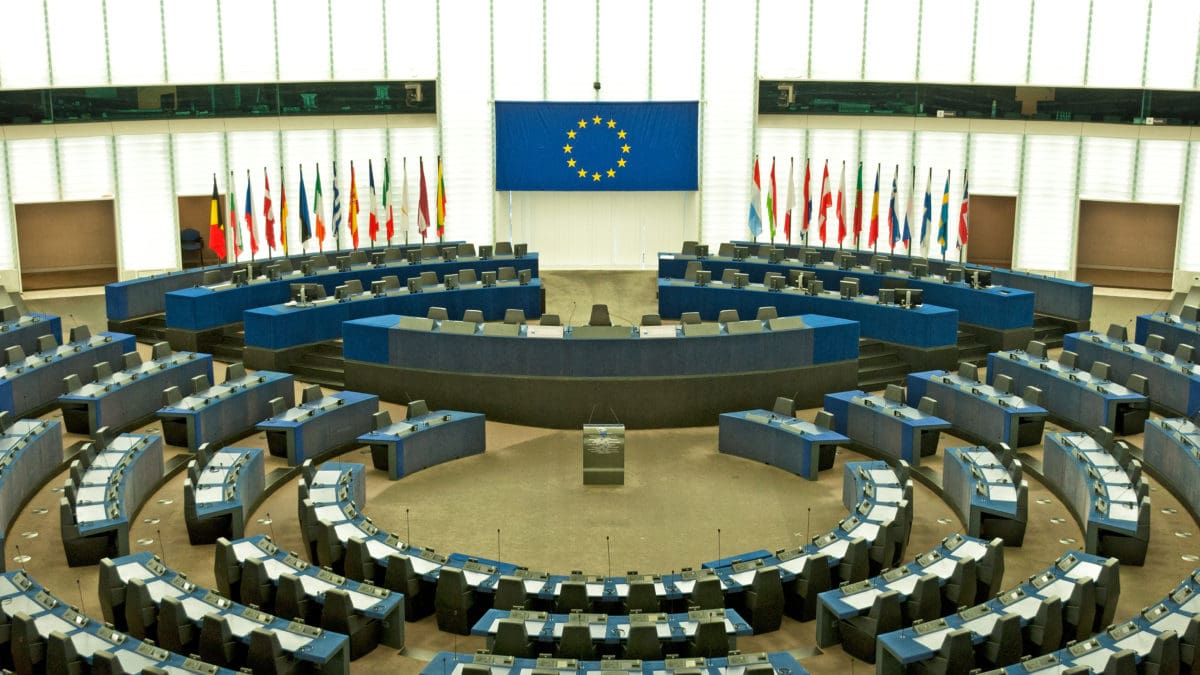Adequate funding, not a dilution of IP rights, will tackle delays in adopting new medicines, says IPHA submission to European Commission


Access to new treatments can be improved by sustainable, predictable Government budgeting, not by weakening intellectual property (IP) rights for medicines development, according to a submission by the Irish Pharmaceutical Healthcare Association to the European Commission.
The European Commission invited submissions for its Inception Impact Analysis for the revision of EU legislation on medicines for rare diseases and for children. It follows the publication in November of the EU Pharmaceutical Strategy.
IPHA supports the broad direction of the Strategy, with important gains for areas like incentivising the battle against antimicrobial resistance, promoting the effective use of health data, evolving the regulatory system, and harmonising the EU Special Protection Certificate framework. But the Strategy falls well short in other areas, especially the prospect of weakening IP rights envisaged in Options One and Four for orphan products and Options Two and Three for paediatric products.
IPHA’s submission, citing Ireland as an example, argues that reducing IP rights would not address the root causes of inequitable access and delays in new medicines. These problems are caused by a lack of funding at national level and an inefficient reimbursement process.
“Irish authorities carry out demanding Health Technology Assessments (HTAs) of nearly all proposed new medicines. Suppliers commonly offer discounted prices after the HTAs. However, even when a price is agreed, significant delays of even a year have occurred before a decision is made to provide and reimburse a medicine.
“The root cause of recent delays in Ireland has been insufficient funding and a structural absence of appropriate multi-annual budgeting to manage medicines expenditure. No new funds were provided from the Exchequer in 2020 for new medicines. Budget 2021 corrected that, with a welcome €50 million allocation. A reduction of IP rights for orphan medicinal products or any other product would have made a negligible or no impact on achieving timely access within the benchmark of the Transparency Directive. In industry-State negotiations, it has never been suggested that it would.
“Access, pricing and funding are linked. They should be addressed in their own terms. From experience in Ireland, the best way to enable the equitable and timely provision of medicines is by an open, outcome-focused negotiation between industry and the State on pricing, funding and efficient processes to evaluate new medicines, with competition in a sustainable off-patent market.
“Reducing IP rights is not an appropriate proxy for an access-pricing-funding discussion that addresses root causes and aims to deliver new medicines to patients. We do not see the IIA proposals as a reliable way to achieving that outcome. The proposals are not grounded in the practicalities of access, pricing and funding interactions between national authorities and medicines providers.
“As a member state of the European Union that hosts the manufacturing base for the European and global supply of many medicines, we are strongly of the view that further investment and production of new medicines and therapies in Europe is unlikely to be helped by a European policy to reduce or weaken IP rights for medicines,” says the submission.
ENDS


